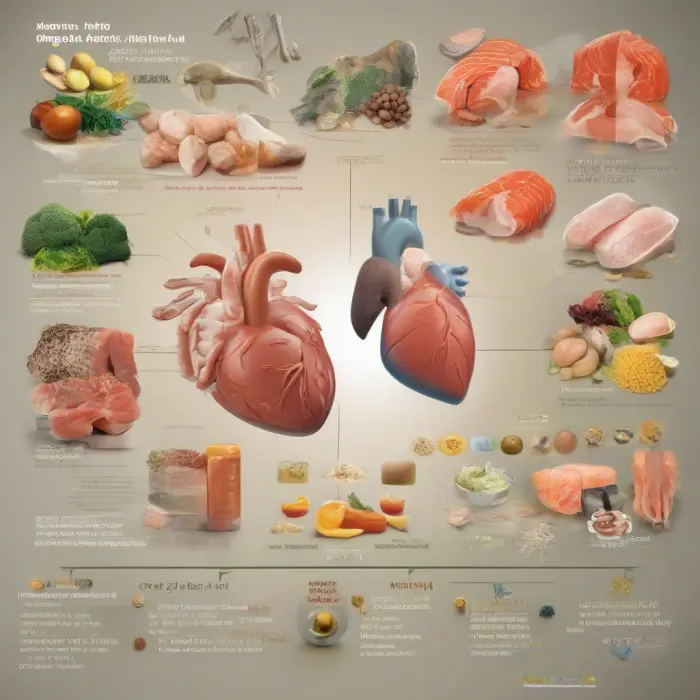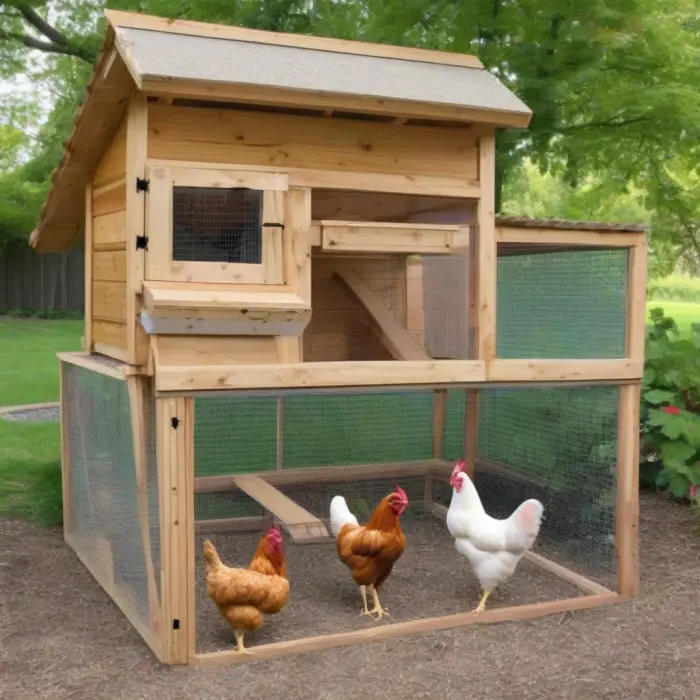How to Learn a New Skill Quickly
Acquiring a new skill set can be a thrilling yet challenging endeavor. With the right method, learning a new skill quickly is entirely feasible. The following are steps that you can take in your effort to quickly and effectively learn a new skill.
1. Select a Skill That You Are Passionate About
Passion is a potent driving force when it comes to learning. Choosing a skill that you are genuinely interested in will increase your motivation, making the learning process more enjoyable, and thus easier to stick with.
2. Define Your Learning Goals
Set clear, specific, and realistic goals for what you hope to achieve. If you have a clear direction, you will likely stay motivated and continue working towards your objectives. By setting smaller, manageable targets you will get a sense of accomplishment as you progress, which will increase your motivation and overall learning speed.
3. Break Down the Skill into Manageable Parts
Break down the new skill into subskills and focus on one subskill at a time. This will not only make the learning process less overwhelming, but it also allows you to concentrate on perfecting each part before moving on to the next one.
4. Concentrated Practice
Practice is paramount in the learning process. However, it's not just about quantity, but quality that matters most. Concentrated, focused sessions of practice are much more productive as compared to prolonged periods of distracted practicing. Ideally, you should schedule regular, consistent practice sessions.
5. Seek Constructive Feedback
Feedback is essential in the learning process because it provides insight into your progress and highlights areas requiring improvement. You can seek feedback from a mentor, coach, or through self-evaluation.
6. Stay Consistent and Patient
Learning a new skill quickly doesn't mean you'll get it overnight. It still takes time, so you must have patience. Consistency is key, too; make sure to practice regularly and don't get disheartened if progress seems slow.
7. Apply the Skill in Real Life
Putting the new skill into practice in real-life situations can greatly improve your grasp of the skill. If it’s a physical skill, put it into action; if it’s a cognitive skill, try to use it in your problem-solving.
In conclusion, while everyone's learning journey will be different, these basic steps are applicable to almost any skill you want to learn. Remember, the process of learning should be enjoyable and fulfilling, so don't forget to have fun along the way!










